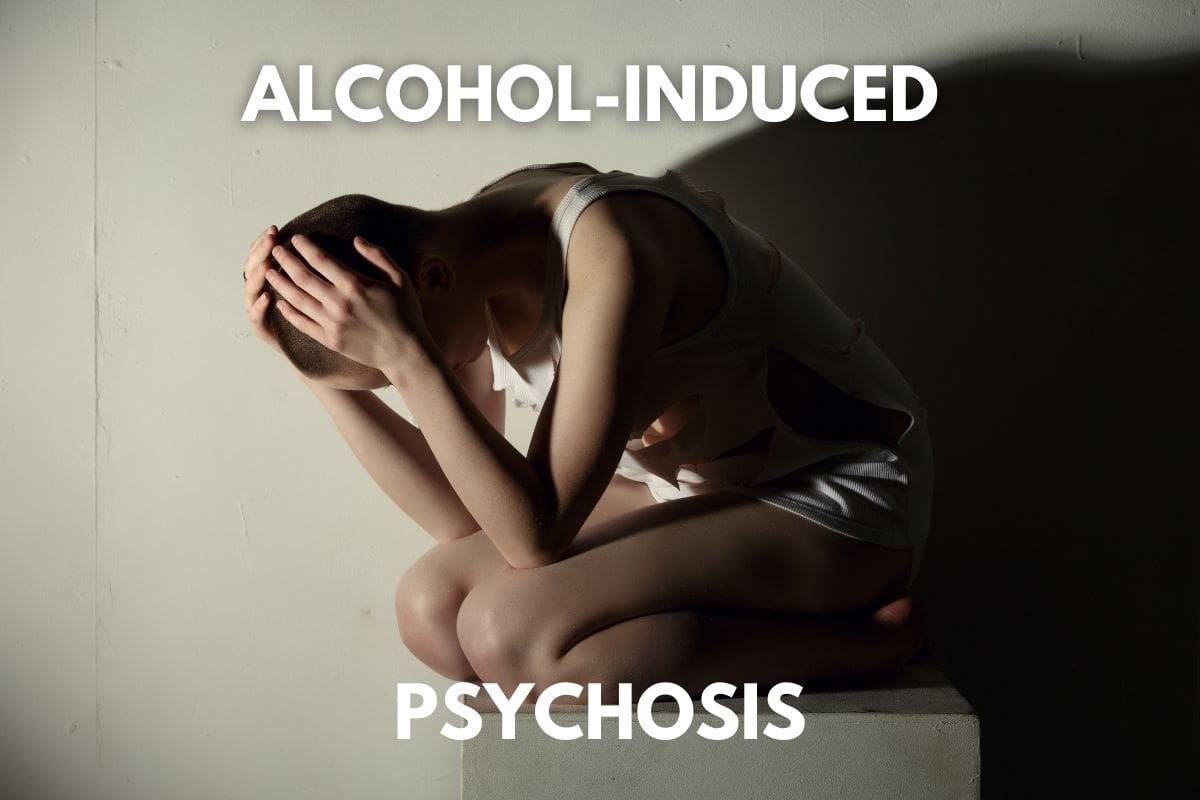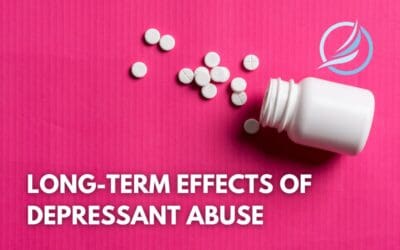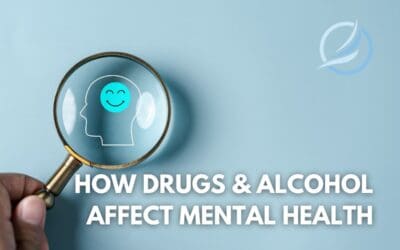Mental illness is a very real consequence of excessive alcohol consumption that can put individuals on an already very slippery slope. Any kind of psychiatric disturbance has the potential to be debilitating but some are much more serious than others. One of the most severe is alcohol-induced psychosis.
Alcohol-Induced Psychosis
Also sometimes referred to as alcohol hallucinosis, alcohol-induced psychosis is a severe but rare symptom of alcohol use disorder. Its effects are similar to that of schizophrenia, where the affected person will experience hallucinations, paranoia, and fear.
What Causes It?
The exact cause of this psychosis is unknown. The leading hypotheses suggest that it could be due to heightened dopamine activity, plus reduced serotonin levels, elevated beta-carbolines; or an impaired auditory system—all of which would explain the hallucinations.
It typically presents itself after heavy drinking. Note that it can be a result of acute intoxication (being drunk), withdrawal, or an ongoing drinking problem. There is a wide timeframe of when these symptoms might present themselves which can make the process of identifying it particularly challenging.
A 2015 study found that the following factors can increase the risk of a heavy drinker developing this condition:
- Working-age men
- Individuals who developed a drinking problem at a younger age
- Low socioeconomic status
- Living alone or on a fixed income
- Family history of alcohol or mental health problems on the paternal side
Is Alcohol Psychosis Permanent?
Fortunately, one of the hallmarks of alcohol-induced disorders is that they typically resolve themselves relatively quickly and often without a need for therapy or any special care. A few weeks of abstinence is enough to reverse most mental illnesses directly related to alcohol.
Alcohol Psychosis vs Schizophrenia
It’s extremely common that instances of alcohol-induced psychosis (and many other alcohol-induced mental illnesses) are misattributed. Practitioners who aren’t familiar with treating addicted persons often fail to recognize how strong an influence a person’s drinking habit can play into psychiatric issues. As such, this psychosis is regularly mistaken for schizophrenia. Although both are characterized by hallucinations and other false sensory perceptions, the differences between the two are notably that alcohol-induced psychosis:
- Onset is usually at a later age than that of schizophrenia
- Patients have more intense symptoms of depression and anxiety, but fewer negative and disorganized symptoms
- Symptoms are less disruptive to day-to-day functions or interactions
- Better insight and judgment
- Hallucinations/delusions began during or after withdrawal
Comparatively, schizophrenia is far more severe. Unlike alcohol-induced disorders which usually resolve themselves once the alcohol use has ceased, schizophrenia will persist no matter how long the period of abstinence.
What Qualifies As Alcohol-Induced Mental Illness?
Alcohol can directly result in a number of psychological issues spanning the range of the mild and more common to the severe and debilitating. These disorders are specially classified as alcohol-induced disorders and are regarded separately from independent psychiatric disorders (disorders with a non-alcohol-related cause). Take, for example, depression, a common side effect of alcoholism that is also one of the most prevalent forms of mental illness in the general population. Depending on whether alcoholism was the cause of the depression will affect how it’s labeled, the prognosis, and how it’s treated.
To truly be classified as an alcohol-induced disorder or mental illness the conditions must 1) be the direct result of the physiological effects of alcohol and 2) occur within four weeks of the last use and be drastically more severe than what would typically be normal during withdrawal or intoxication. These types of psychiatric conditions include:
- Mood disorders
- Anxiety disorders
- Sleep disorders
- Psychotic disorders
- Delirious disorders
- Amnestic disorders
- Dementia disorders
- Sexual disorders
Alcohol might be legal, but it has mind-altering capabilities that make it just as dangerous as some illicit street drugs. So while getting drunk every now and again might seem like harmless fun, it can end up severely altering your brain’s function and chemistry. Cognition, memory, mood regulation, and impulse control will eventually pay the price. However, that’s not the extent of the damage that alcohol causes to the brain. The development of a mental illness can complicate an already challenging treatment process. If you have experienced a mental illness after or prior to drug abuse, dual diagnosis treatment would be the best course of action.
Sources:
https://pubs.niaaa.nih.gov/publications/arh26-2/90-98.htm

































